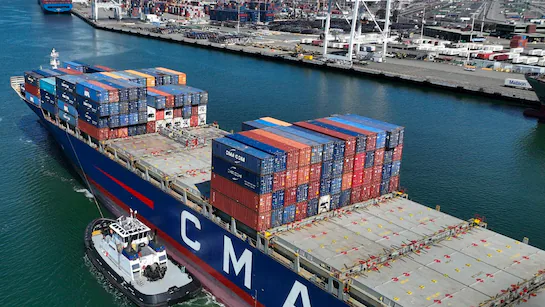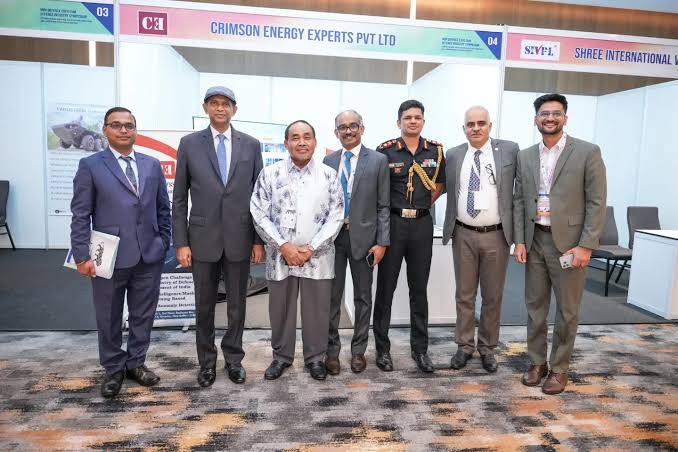 Image Source: NDTV
Image Source: NDTV
China's recent move to strengthen export controls on some of the most important rare earth elements has rocked the world's manufacturing and technology industries. The world's largest producer of such strategic minerals, Beijing's action-nearly universally seen as a revenge measure against new American tariffs-has raised alarm about mass supply chain disruption in heavily affected industries that depend on high-end electronics, electric cars, defense systems, and green technologies.
Background and Scope of the Curbs
-
In April 2025, China tightened export controls on seven rare earth minerals, namely samarium, gadolinium, terbium, dysprosium, lutetium, scandium, and yttrium.
-
These minerals are used to produce electric cars, wind turbines, fighter aircraft, medical equipment, and high-end consumer electronics.
-
Exporters are now required to seek licenses from China's Ministry of Commerce, a procedure that can introduce weeks or even months of lag into deliveries.
Strategic and Political Context
-
The curbs are widely seen as a response to sweeping new tariffs imposed by the United States on Chinese goods.
-
China’s move highlights the risks of over-reliance on a single country for strategic resources, exposing global industries to political and economic leverage.
Immediate Impact on Global Supply Chains
-
China accounts for about 69% of global rare earth production and up to 90% of processing, making the world highly dependent on its exports.
-
Export license approvals have already delayed shipments to Europe and other areas, with some producers experiencing "untenable" delays.
-
South Korean and European shipbuilders and auto producers such as Volkswagen have already started facing supply disruptions in rare earth.
Industry-Specific Consequences
-
Automotive: Car producers and their suppliers have only two or three months of inventories of rare earth magnets. Delayed shipments for an extended period of time could lead to production reductions, particularly of electric cars.
-
Defense and Aerospace: Critical parts for fighter jets, missiles, and advanced electronics are threatened by shortages of heat-resistant "heavy" rare earths.
-
Green Technology: Wind turbines and other clean energy technologies risk shortages of critical materials, jeopardizing global climate targets.
Regulatory and Enforcement Details
-
End-use certifications are required by exporters, guaranteeing the materials are not diverted to military purposes or re-exported to the United States.
-
The new regulations ban re-export of controlled materials to the U.S., adding to the complexities in global trade flows.
Market Reactions and Strategic Response
-
Pricing in rare earths has skyrocketed with uncertainty and supply shortage.
-
Firms are scrambling for alternative supplies, but substitution and diversification are tricky with China's near-monopoly in processing heavy rare earths.
-
A few U.S. and European producers caution that without exemptions or alternatives, production goals in late 2025 could be missed.
Sources: Strategic Risk Global, Firstpost, CNBC, Indian Express, India Today, Moneycontrol, Optilogic
Advertisement
Advertisement






